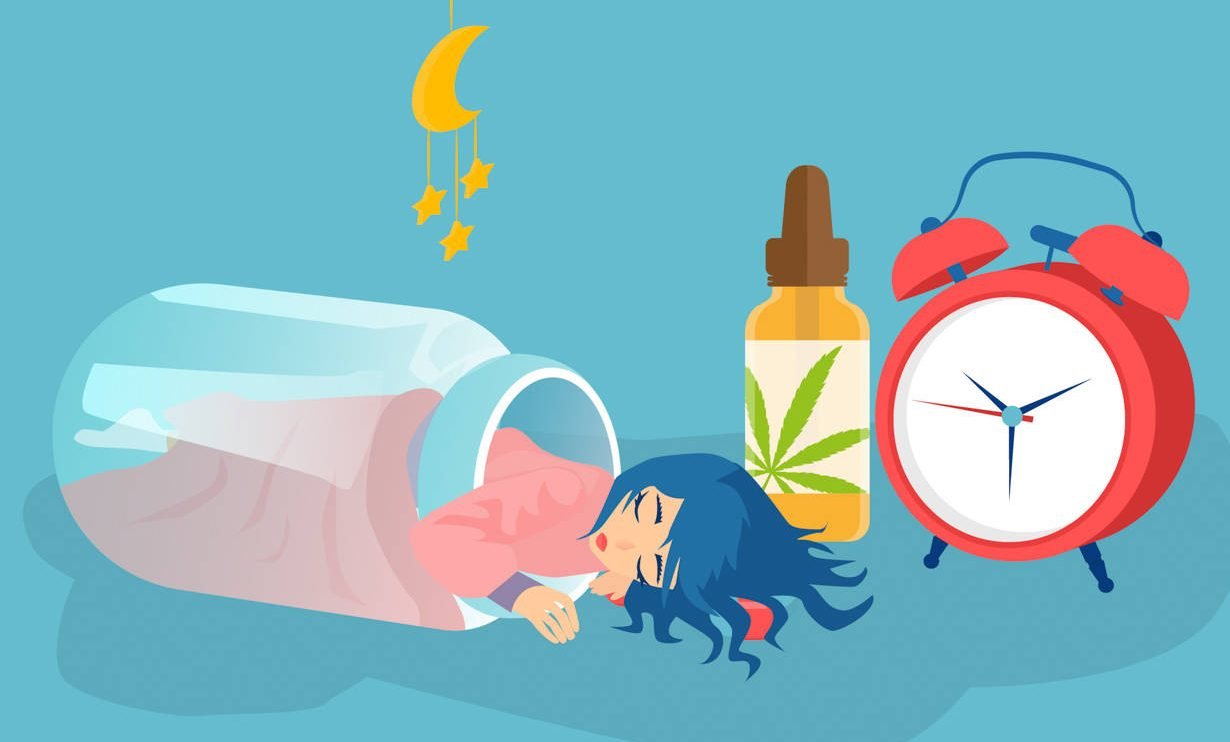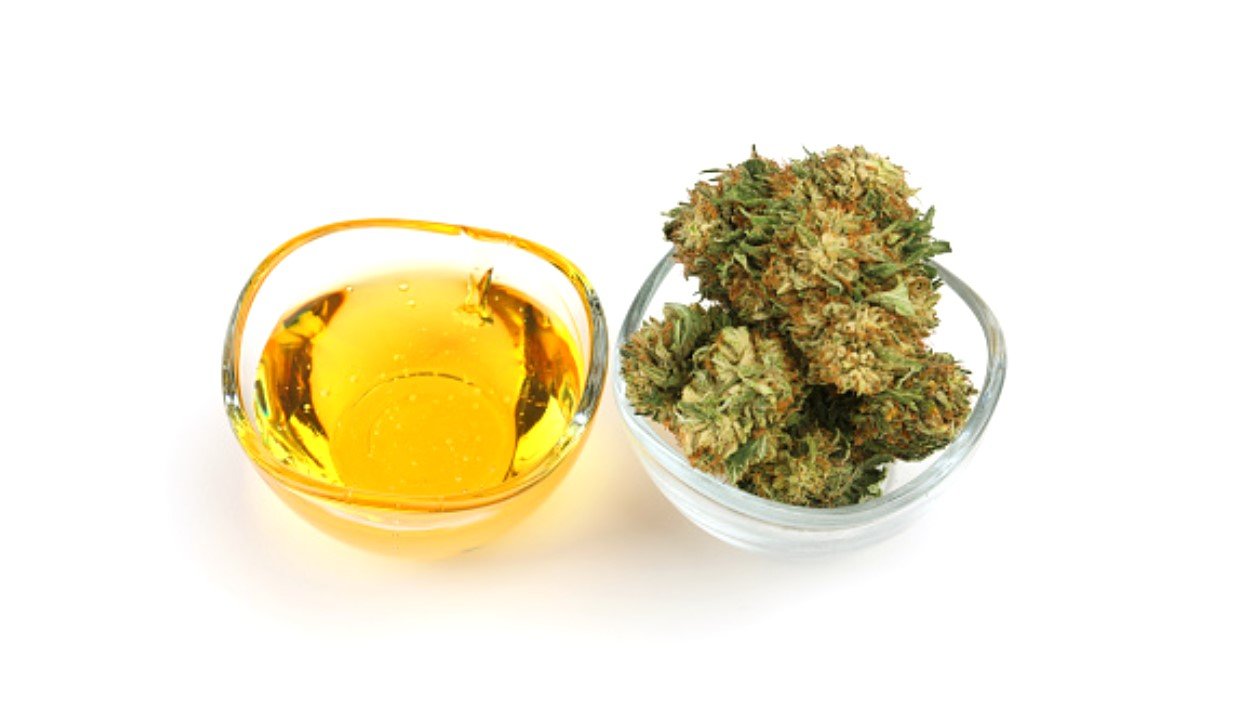Everything You Need to Know About CBD Oil

What is CBD Oil
Cannabidiol (CBD), the most active ingredient in CBD oil, is an extract derived from Cannabis sativa (marijuana plant). Unlike THC, which it excludes as part of extracting it from marijuana leaves, cannabidiol contains only this compound.
Compared to marijuana, it does not have any psychoactive effects but becomes a potent sedative and hallucinogen.
CBD oil is a cannabis extract with therapeutic properties that can be further diluted in oils like coconut and hemp seed oil. CBD has a growing demand in the health sciences to help relieve chronic pain and anxiety.
How to Make CBD Oil?
If you want to make CBD oil at home, here's what you need: 30g of ground hemp flower and food-grade alcohol. You will also need equipment such as, mixing bowl, parchment paper, baking tray, grinder, catchment container, double boiler, wooden spoon, funnel, spatula, plastic syringe, and fine filter.
By grinding up your plant matter and putting it on a baking sheet lined with parchment paper, you can "decarboxylate" the flower. Preheat your oven at 225F (110C) and place the flower inside for an hour.
Place the already decarbed flower in a mixing bowl and submerge it in alcohol. Use a wooden spoon to stir for up to 10 minutes so that alcohol can extract desired compounds like cannabinoids and terpenes. Stirring speeds up this process by shaking off trichomes that produce these chemicals.
Retrieve the CBD-infused extract from the plant matter. Separate it by straining through a piece of cheesecloth and collect it in a container. The resulting solution will be dark green. Repeat this process until your extract becomes clearer.
Use a double boiler and high-proof alcohol. Apply steady heat. Be sure to have good ventilation, and perform the extraction outside if necessary. Alcohol vapor is flammable, so be cautious when working with it.
After the evaporation of the alcohol, the extract will have a thick consistency. You can keep it in a bottle with a glass dropper.
Does CBD Oil Expire?

CBD oil does expire, but most oils will last at least a few months. By purchasing the right quality product and storing it correctly, you can extend its shelf life.
Finding a CBD oil you forgot about is a happy event, but you should do a quick visual and smell test to see if it's still usable before using it.
Is CBD Oil Addictive?
CBD does not attach users to addiction. This may be because CBD products do not produce intoxicating effects, and it is uncertain whether they have withdrawal symptoms upon abrupt cessation of consumption.
According to a 2017 report, the World Health Organization trusted source states that "CBD is not associated with abuse potential."
Another study states that the active compound in marijuana called THC led to physical and psychological effects such as fast heart rate and euphoria. CBD, the non-active compound in cannabis, did not produce any physical or cognitive reaction
In addition to not being addictive, CBD may be helpful for addiction treatment.
A shred of evidence suggests that CBD essential oil might lower the likelihood of developing cocaine or methamphetamine use disorders and help prevent relapse after detoxification.
How Does CBD Oil Make You Feel?
One of the many possible uses of CBD oil is to help you feel relaxed. However, because it does not intoxicate like a high might, it's still pure relaxation.
CBD is a natural product with clinically proven benefits, including reducing the symptoms of depression and anxiety. It might also reduce inflammation and pain.
Many people that experienced epilepsy seizures have found relief when using CBD. In 2018 The Food and Drug Administration approved the first CBD-based, Epidiolex, for treating epileptic seizures.
In addition to this, CBD has also shown potential for doctors to reduce the side effects that antipsychotic medication can have on people with schizophrenia.
As research into cannabis- and hemp-derived CBD starts to take off, doctors will better understand how CBD operates.
How Often Should I Take CBD oil?

Determining how often you can take CBD will depend on your condition. Your goals with it are mostly what influences how much of it you need to consume.
The timing largely depends on three factors: weight, age, and sometimes body chemistry. Different people have different stats depending on those categories and react differently to CBD.
How to Spot Fake CBD Oil?
Counterfeit and fake CBD oils often include low-quality ingredients, chemicals, or harmful additives. Pure hemp CBD oil with high-quality ingredients may not contain any chemical solutions.
If you are unsure about the CBD content, avoid products that don't list any ingredients or expiration dates.
Some companies will sell hemp seed oil as CBD oil, but it isn't the same. Legitimate companies will provide this vital information, so you know what's for sale.
CBD oil quality is influenced by where the hemp was grown. Some pesticides are used in countries like Asia and Eastern Europe, so hemp from those places may not be safe for use. Hemp grown with pesticides is not as high quality as American-grown hemp. Beware of CBD oil comes from imported plants or those grown in a country outside the United States.
Real CBD oils are tested by third-party agencies to ensure it contains the correct ingredients, quality, and potency.
To Conclude,
CBD oil is all the rage, but what does it do, and how can you use it? We hope that our blog has helped you learn about the frequency of usage, spotting fake oils, and more. With this information at your fingertips, you'll be able to make an informed decision when considering adding CBD oil to your daily life!
However, even if CBD oil has many benefits for your health, it is a medical supplement and should not be used too much. Always consult with your doctor before using any CBD product.



